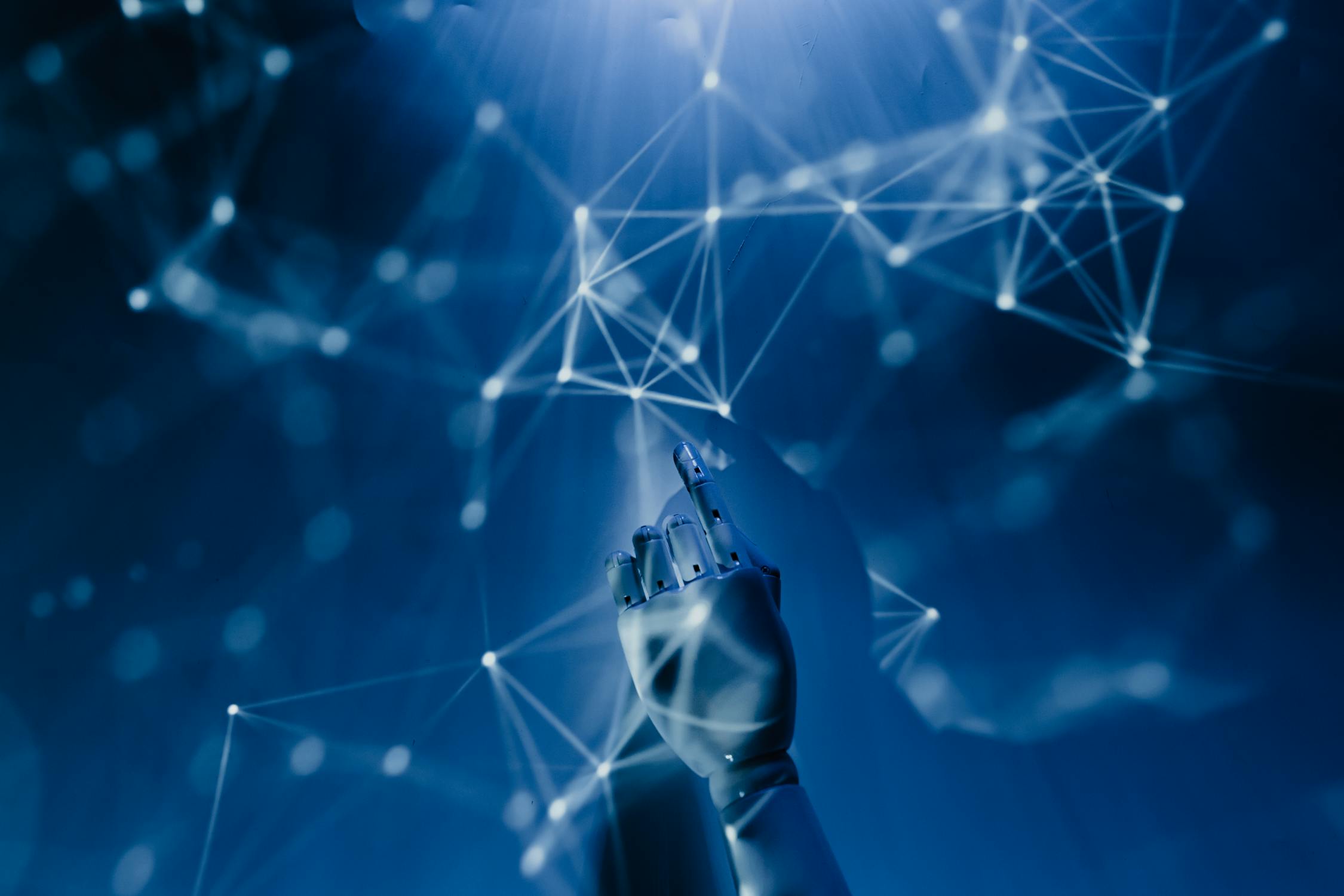The human resources landscape is undergoing a dramatic transformation. As businesses grapple with increasing complexity in talent management, employee engagement, and operational efficiency, AI agents are emerging as the game-changing solution that's reshaping how HR departments operate.
What Are AI Agents in HR?
AI agents are intelligent software programs designed to perform specific HR tasks autonomously. Unlike traditional HR software that requires manual input and oversight, these agents can analyze data, make decisions, and execute actions with minimal human intervention. They're not just tools—they're digital colleagues that work 24/7 to streamline HR operations.
Key AI Agent Capabilities
Intelligent Screening
Automatically analyze resumes and rank candidates based on job requirements
Smart Scheduling
Coordinate interviews across multiple calendars and time zones
Performance Analytics
Monitor employee performance and generate actionable insights
Payroll Automation
Process payroll calculations and ensure compliance automatically
The Current State of HR Challenges
Today's HR professionals face unprecedented challenges. The average HR team spends 60% of their time on administrative tasks, leaving little room for strategic initiatives. Manual resume screening can take hours per position, interview scheduling becomes a logistical nightmare with multiple stakeholders, and ensuring compliance across various regulations requires constant vigilance.
These challenges are compounded by the growing expectations of modern employees who demand faster response times, more personalized experiences, and greater transparency in HR processes. Traditional HR systems simply can't keep pace with these evolving demands.
How AI Agents Are Transforming HR Operations
1. Recruitment Revolution
AI agents are revolutionizing recruitment by automating the most time-consuming aspects of the hiring process. These intelligent systems can scan thousands of resumes in minutes, identifying candidates who match specific criteria while eliminating unconscious bias. They can also engage with candidates through chatbots, answer frequently asked questions, and even conduct preliminary screenings.
2. Employee Onboarding Excellence
The onboarding process becomes seamless with AI agents that can guide new employees through paperwork, schedule training sessions, and ensure all compliance requirements are met. These agents can provide 24/7 support to new hires, answering questions and providing resources exactly when needed.
3. Performance Management Insights
AI agents continuously monitor performance metrics, identifying trends and patterns that might escape human observation. They can predict potential performance issues before they become problems and suggest interventions to help employees succeed.
AI Impact on HR Efficiency
Reduction in time spent on routine tasks
Faster candidate screening process
Improvement in compliance accuracy
The Future Landscape
As AI technology continues to evolve, we can expect even more sophisticated HR agents that can handle complex decision-making, provide strategic insights, and even predict future workforce needs. The integration of natural language processing will make these agents more conversational and intuitive to work with.
The future HR department will be a hybrid environment where human creativity and emotional intelligence work alongside AI efficiency and data-driven insights. This partnership will enable HR professionals to focus on what they do best—building relationships, developing culture, and driving strategic initiatives.
Getting Started with AI Agents
The transition to AI-powered HR doesn't have to be overwhelming. Start by identifying the most time-consuming and repetitive tasks in your current workflow. These are prime candidates for AI automation. Look for platforms that offer pre-built AI agents specifically designed for HR use cases, and ensure they integrate seamlessly with your existing systems.
Training and change management are crucial for successful implementation. Your team needs to understand how to work alongside AI agents effectively, and employees need to feel comfortable with the new technology.
Conclusion
AI agents represent more than just a technological upgrade—they're a fundamental shift toward more efficient, accurate, and strategic HR operations. Organizations that embrace this transformation today will have a significant competitive advantage in attracting, retaining, and developing talent.
The future of HR is here, and it's powered by intelligent agents that work tirelessly to support both HR professionals and employees. The question isn't whether AI will transform HR—it's how quickly your organization will adapt to leverage these powerful capabilities.
